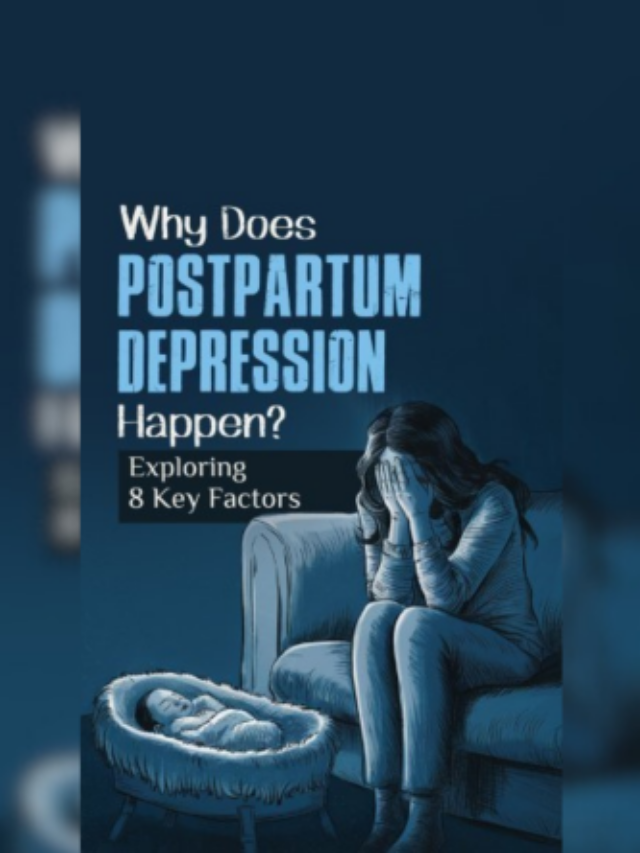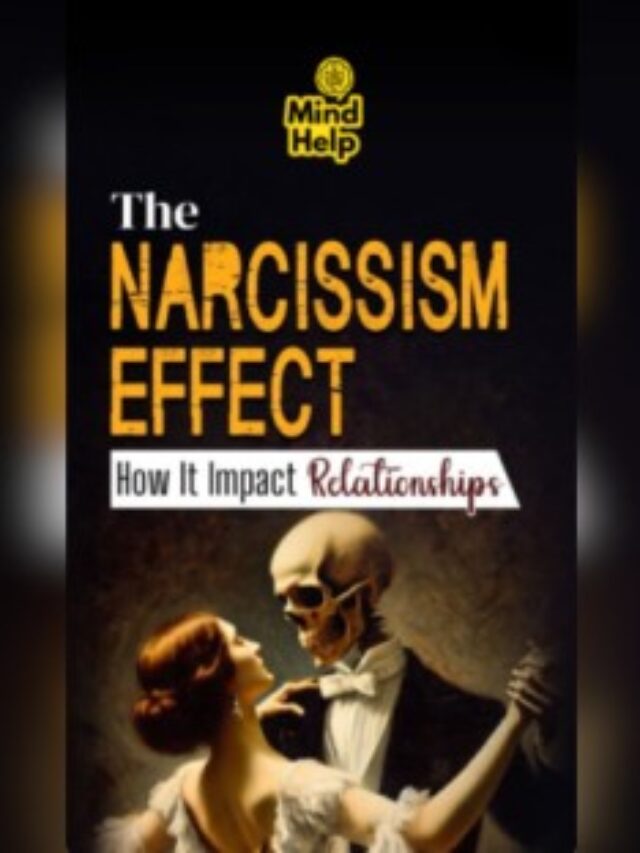The Link between Mental Wellbeing and Successful Aging
A recent publication in Nature Human Behaviour emphasizes the importance of mental wellbeing in healthy aging irrespective of socioeconomic status. It has been found that better mental wellbeing is associated with healthier aging which means it involves increased resistance to stress, greater self-appraised health and longer life spans. Surprisingly, a healthier state of mind was linked to certain life choices like being active, not smoking, consuming cheese or fruit.
Increased Life Expectancy and Aging Challenges
Human lifespan has significantly risen in recent years creating challenges for both individuals and societies such as healthcare costs and economic burdens. While research on aging has often focused on physical health and longevity, the role played by mental wellbeing has attracted less attention. The objective of this study was to examine whether there is independence between a good state of mind and its impact on long life irrespective of the social category.
Exploring the Causal Relationship
For this purpose, Mendelian randomization method was applied to determine causal relationship between well-being indicators and wellness at old age. The approach utilizes genetic markers as instrumental variables thus minimizing biases typical for observational studies (such as confounding issues) or any form of reverse causality.
Genetic Data Analysis
They analyzed information from eight different genetic datasets that had a total number of 2.3 million people who were initially Europeans. These datasets contained measurements against five key indicators of mental well-being: overall satisfaction with one’s own life; positive affect; negative affect (neuroticism); depressive symptoms; all-cause mortality. Additionally three major socio-economic factors were considered: income level, educational attainment or job post.
Two-Phase Study Approach
This two-phase study started off by investigating the potential causal relationships between various ageing phenotypes including resilience, self-rated health, health span, parental lifespan and longevity with mental health traits such as overall satisfaction with life, positive emotions in general, negative emotions (neuroticism) and depressive symptoms. Social status as a confounder variable was also considered.
The second phase investigated the factors that mediated the relationship between mental states and healthy aging. These included lifestyle choices (i.e., diet, physical activity, smoking), behaviors (e.g., medication use, cognitive performance), anthropometric indicators of physical function (e.g., body mass index, cholesterol levels), diseases (e.g., cardiovascular diseases, diabetes).
Key Findings on Mental Wellbeing and Aging
Significant causal relationships were found between healthier ageing outcomes and higher genetic propensity towards aging-related GIPs among individuals with greater mental well-being. For instance, an increase in overall wellbeing which is genetically determined is associated with increased values of aging-GIP by 1.21 standard deviation units, resilience by 1.11 standard deviation units, self-rated health by 0.84 points on the scale ranging from 1 to 5 years old; healthspan by 1.35 times more likely than not living shorter than average; parental lifespan by additional 3 years for every such gene inherited from both mother’s or father’s sides only. However no effect was found for one’s length of life due to overall wellbeing scores but odds still remain high – it’s about 1.56.
Independent of Socioeconomic Status
Moreover, the study showed that among seniors socio-economic circumstances did not change correlation between good state of mind and successful aging process. While socioeconomic factors were all independently associated with better mental health including income level or job type/position held at workplace however this direct influence would persist even after these adjustments were made based on this factor alone.
What are the factors that influence lifestyle?
The researchers discovered a number of lifestyle factors that contribute to mental wellbeing and hence promote healthy aging. To this end, mental well-being and healthier aging outcomes were associated with physical activity and avoidance of smoking. Additionally, cognitive performance, age at first smoking, and use of certain drugs also played a role among other influencers. Alternatively, eating more cheese and fruit was also beneficial.
Strangely enough, there have been previous studies linking cheese consumption to mental well-being. The elderly population has an association between regular cheese intake and cognitive health as revealed in a study published in Nutrients magazine [1]. In their research on 65 years old individuals above (n=1516), these scientists found that people who ate cheese regularly had better cognitive function scores.
The authors suggested some interventions into disparities of healthy aging related to suboptimal mental well-being such as promoting healthy life styles, monitoring cognitive function & physical health as well as common chronic diseases prevention.
More Research is Needed
However, this new study has limitations even with its strong evidence about the causal link between mental wellbeing and healthy ageing process. For instances it majorly focused on people of European descent thus its findings may not be applicable elsewhere. One area for future research would be to see if these relationships hold across ethnic groups.
“Mental Well-Being Needs To Be Prioritized As An Integral Part Of Healthy Aging Policies,” the authors wrote in conclusion; they proposed measures for addressing disparities in healthy aging driven by poor mental health including promoting a healthy lifestyle at all levels (including workplace) monitoring cognition/physical fitness through periodic screening(s) & tackling prevalent chronic diseases within communities.”














Leave a Reply
You must be logged in to post a comment.